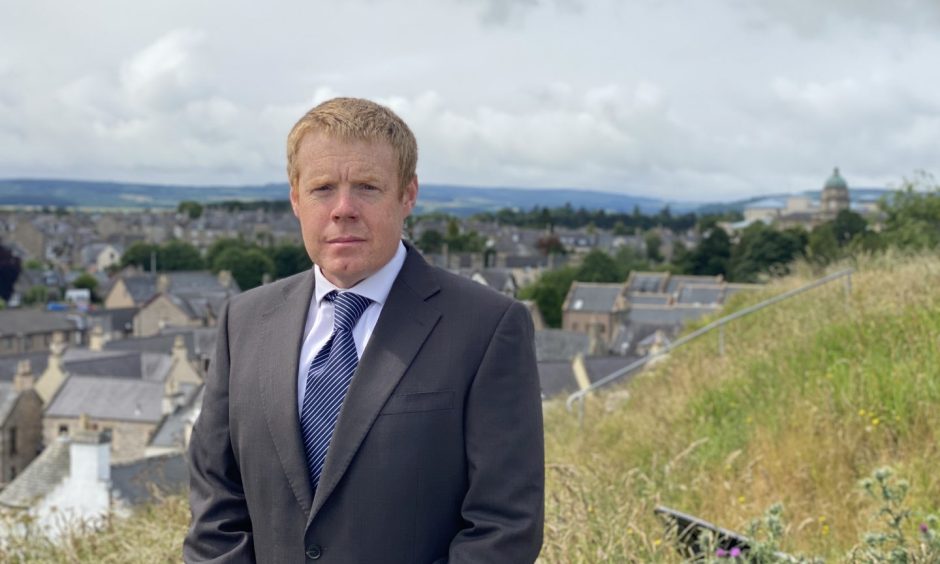A flagship scheme to boost the number of rural GPs in Scotland attracted just two graduates for the whole of northern Scotland – while four times as many went to England.
The Scottish Graduate Entry Medicine (ScotGEM) pathway was launched in 2018 as an alternative four-year route through medical school – and into rural working in particular.
The first group of 52 students graduated the generalist course in 2022, with 42 of them eligible to go on into GP training.
But government figures show just 10 chose to take that route.
Of those, only two went to work in the Highlands region, with no graduates at all going to Grampian, the Western Isles, Orkney or Shetland.
Highlands and Islands MSP Tim Eagle said the scheme has failed rural communities.
“It was lauded by the SNP as the solution to plummeting GP numbers outside the central belt,” he said.
“But it has taken six years to get two extra GPs into the Highland region, which desperately need fresh blood due to people leaving the profession.
“By any metric it has failed miserably.”
Vacancies in Grampian and islands regions
NHS Scotland data shows 42% of GP surgeries have vacancies across Scotland – but in the Western Isles that number rises to 67%.
Meanwhile, 64% of surgeries in Grampian, 57% in Orkney and 56% in Shetland have vacancies.
The number of students who left Scotland to take up roles in England was four times higher than the number of new GPs in the north, at 8, while the destination of a further seven is listed as “unknown”.
The remaining 17 took up training or clinical fellow posts with NHS Scotland.
Figures released earlier this month showed Scotland has lost 222 full-time GPs over the past decade.
The SNP previoulsy pledged to recruit 800 new general practitioners by 2027 – a target it is not on track to reach despite health chiefs warning even that is too low.
A trend of doctors quitting rural practice has left many remote areas dependent on locum GPs, who are paid £900 a day.
GP numbers a worry
Dr Chris Provan, chair of the Royal College of General Practitioners in Scotland, said every effort must be made to boost the number of GPs in rural areas.
“GPs in remote and rural areas are highly valuable due to their unique ability to deliver generalist care and understand local needs,” he said.
“However, we know that recruiting and retaining GPs in remote or rural areas is difficult for many practices.”
Is it too early to tell?
Earlier this year, Dr Iain Morrison, chair of BMA Scotland’s GP Committee, called for rural GPs to get higher pay and special status to cope with a critical shortfall of medics.
He also suggested a new medical training school should be built in the Highlands.
Despite a disappointing uptake, Morrison warned it is too early to write off ScotGEM as a failure.
He said: “Given the stages of their career that the first cohort of ScotGEM students are at, and the limited control they will have over where they ultimately practice, it is far too early to judge the success or otherwise of the scheme in terms of tackling shortages of doctors in any part of Scotland.”
The Scottish Government said: “Scotland has more general practitioners per head than the rest of the UK.
“However we recognise the challenges we face in recruiting new GPs to rural areas and are taking action to counter these in a number of ways.
“This includes incentivised £10,000 ‘golden hellos’, a £1 million investment in bursaries for GP trainees who remain in remote and rural areas for their training and the ScotGEM medical degree programme.
“The first cohort of ScotGEM students completed their foundation training in August 2024 and it is too early to conduct a full evaluation of the programme at this stage.”




Conversation